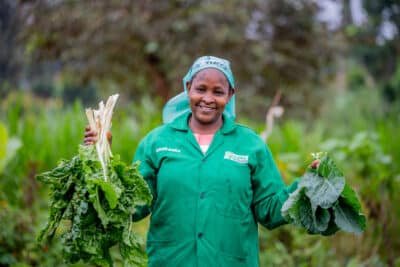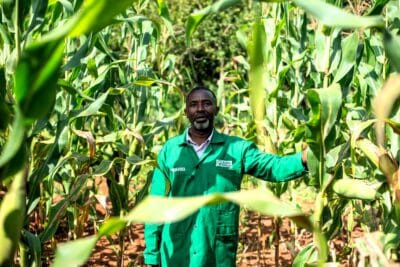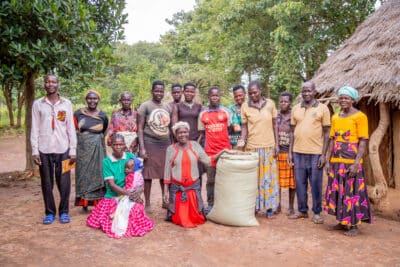News
4 July 2017
Savings keep Dukan’s water business afloat

Dukan Hussein’s water collection business has been kept afloat thanks to savings she built up since joining a Village Savings and Loans Association (VSLA), a village banking system where groups of people save together and take small loans from the savings.
Dukan, who lives in Anfa Village in the Somali region of Ethiopia, supports her seven children and her 70-year-old husband from the proceeds she makes from her business water selling water from a nearby river. Using a cart pulled by two donkeys, one in the morning and one in the afternoon, she collects 2,000 litres of water a day to distribute to her customers.
However, her business was put at risk when one of her donkeys suddenly disappeared while out grazing. The remaining overworked donkey grew weaker every day. Frightened of losing this donkey too, and with no savings to buy a new one, Dukan considered closing the business.
The Barako VSLA came to Dukan’s rescue by lending her 4,000 Birr that allowed her to buy three baby goats as well as that vital donkey. The group was established with the help of Mercy Corps as part of Farm Africa’s MAR project in Ethiopia, which is funded by the UK’s Department for International Development through the BRACED programme. After joining the VSLA, Dukan developed a new appreciation for the idea of saving.
Barako VSLA’s 25 members, all women, each save a small amount every month to build up the group’s capital, which is used to support each other in times of need. The women are able to take loans to set up small businesses. In this semi-arid region where predominantly male pastoralists’ incomes are at risk when rains fail, helping women develop their own businesses means families have other income to rely on when there is a downturn in income from livestock rearing.
The group also distributes fruit tree seedlings to its members to plant on their land, which helps reduce soil erosion, as well as giving the women a way of earning money from selling fruit.
Dukan’s story is featured in Farm Africa’s Annual Impact Report 2016.




